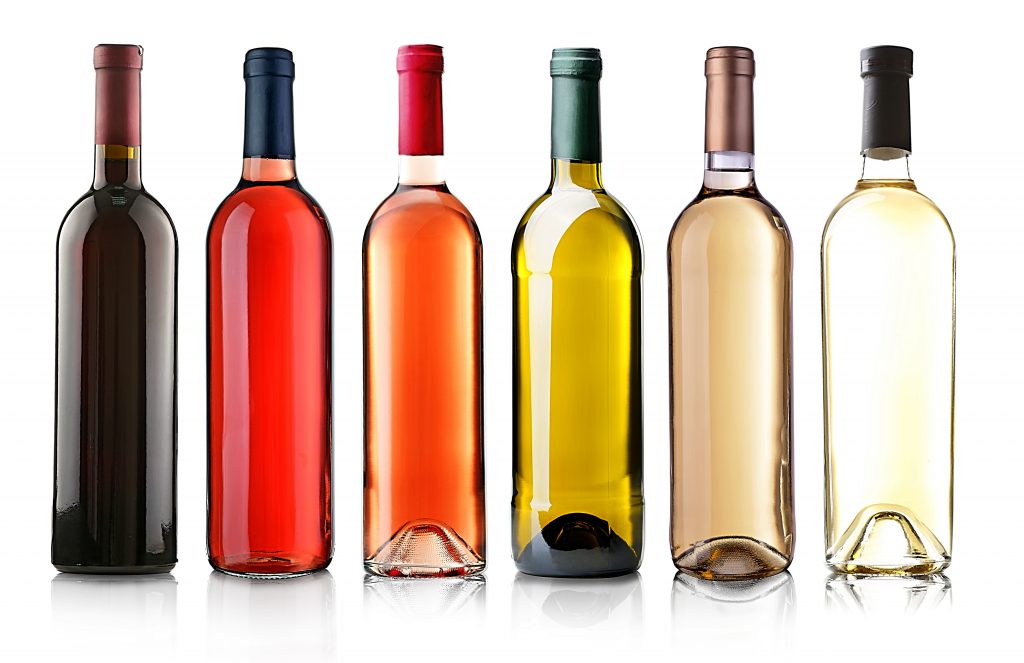
As new wineries pop up weekly, and online direct-to-consumer (DTC) wine clubs multiply, they’re all looking for a marketing hook. Unfortunately, one that’s increasingly popular is selling their wares as “clean” wines–and it’s misleading and basically a scam. Worse still, many purveyors of “clean” and “natural” wines also often use this as an opportunity to disparage their competitors, mostly based on nonsense and falsehoods.
One such offender is Dry Farm Wines, which offers you the opportunity to “Taste Pure Natural Wines” (as opposed to what, impure unnatural wine?) and says their wines are “independently lab tested for purity” and are “sugar free and no additives.” The problems are 1) There’s no accepted definition for “natural” wines; 2) There’s no definition whatsoever for “pure;” 3) Virtually all wines have at least some residual sugar; and 4) Virtually all wineries lab test their wines before bottling. And Dry Farm even asserts: “Pure Natural Wine is rare. We estimate less than 0.01% of the world’s wines meet our strict criteria.” This is nonsense. Of course their wines meet their own “criteria,” by definition, so that’s just a throwaway line that means nothing. And worst still, they assert that their wines are “Free of Toxic Additives” which outrageously suggests that other winemakers add “toxic” ingredients. And at the bottom of that webpage, there’s a button inviting the visitor to “Switch to Pure Wine” which suggests that you’ve been drinking “impure wine” until now. And they also declare that they sell “only Natural wine that goes above and beyond industry standards.” Which “industry standards” are those? There are none.
Other wineries and clubs boast that they’re “natural” and/or “clean,” with taglines implying their wines are somehow healthier than others. For example, Good Clean Wine (“wine that pairs with a healthy lifestyle”), Avaline (“full of natural goodness, free of unnecessary extras”), The Wonderful Wine Company (“Clean Wine for Better Living”), Scout & Cellar (“Clean Crafted Commitment”), and Usual Wines (“Real Wine”). The Huffington Post took this on as recently as April 2021, explaining “There are no federal regulations around the use of the term “clean” within the wine or food industries, nor is there a firm definition of what “clean” even means.” And remarkably, some wines are marketed with the suggestion that they can’t cause a hangover, which is one of the most absurd claims possible, because if you drink enough alcohol, from any type of beverage, you’ll get a hangover.
Now, some winemakers are more transparent lately about what’s gone into their juice, which is an admirable practice, and many are produced legitimately as “vegan” (such as wine that’s not fined with things such as isinglass or egg whites). And The Food Network and others suggest that there are some legitimate criteria for “natural” wine, including “grapes (that) are organically grown without synthetic fertilizers, pesticides and fungicides, then often (but not always?) hand-picked. In the winery, no commercial yeasts are added…The resulting wine is bottled without added tannins, acid and stabilizers, and isn’t fined or filtered.” But again, there’s is no universally-accepted definition of “natural,” so it’s just inaccurate to make a thinly-veiled accusation that wines made in other ways are somehow “unnatural.”
It’s always a good idea to find out what’s in the wine that goes into your body, and you do have a nearly endless supply of choices. So don’t fall for patently dishonest marketing, saying that any wine (or any other beverage or food) is “clean,” “natural,” or “pure” or “healthy,” or suggestions that others wine are “dirty,” “unnatural,” or “impure.” It’s just wrong.
